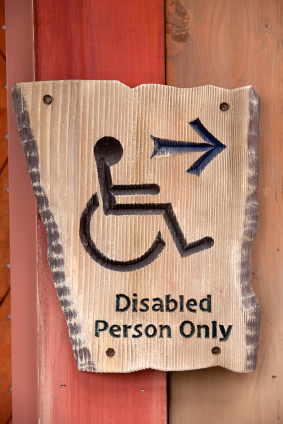Dear Liz: When I was 62, I started Social Security and I’m currently saving half of my monthly benefit after taxes (about $750). My decision to take my benefits early was influenced by a financial columnist who suggested that if I started at 62 and invested half or more of it until I reached full retirement age, the lower early benefits would be matched by the investment returns by the time I’m 85. Is this advice still reasonable?
Answer: In today’s investing environment, it’s hard to match the guaranteed annual return you get from delaying Social Security benefits. You may do better investing in the stock market, but there isn’t an investment that can guarantee 6% returns right now, which is the approximate amount Social Security benefits increase annually between the earliest age you can take benefits (62) and your full retirement age (currently 66). The higher benefit you get by waiting is then increased by inflation adjustments each year, making it an even harder target to beat.
That’s not to say it can’t be done. In your case, it’s too late for second thoughts anyway. But most people are better off waiting, if they can afford to do so.
There are other good reasons to delay, even if you’re an investing genius. If you’re married, your spouse would be eligible for a survivor’s benefit should you die first. That benefit is equal to the Social Security check you’ve been getting. A bigger check could make it easier for him or her to make ends meet down the road.
Spouses who wait until full retirement age also have the option of taking spousal benefits first, and then switching to their own benefits later, after those benefits have had a few more years to grow. When you take benefits early, you lose the option to switch.
Even if you’re not married, you can look at Social Security as a form of longevity insurance. A larger benefit could be a big help if you live a long time and spend down your other assets.
Hopefully you understood all this before you put your retirement plan into motion. If you didn’t, then your situation could serve as a cautionary tale for anyone who’s trying to make decisions about retirement based solely on his or her own research. It’s vitally important to get a second opinion from a fee-only comprehensive financial planner. Even the most ardent do-it-yourselfer can miss important nuances when it comes to retirement, and those nuances can have a dramatic effect on your future quality of life.
